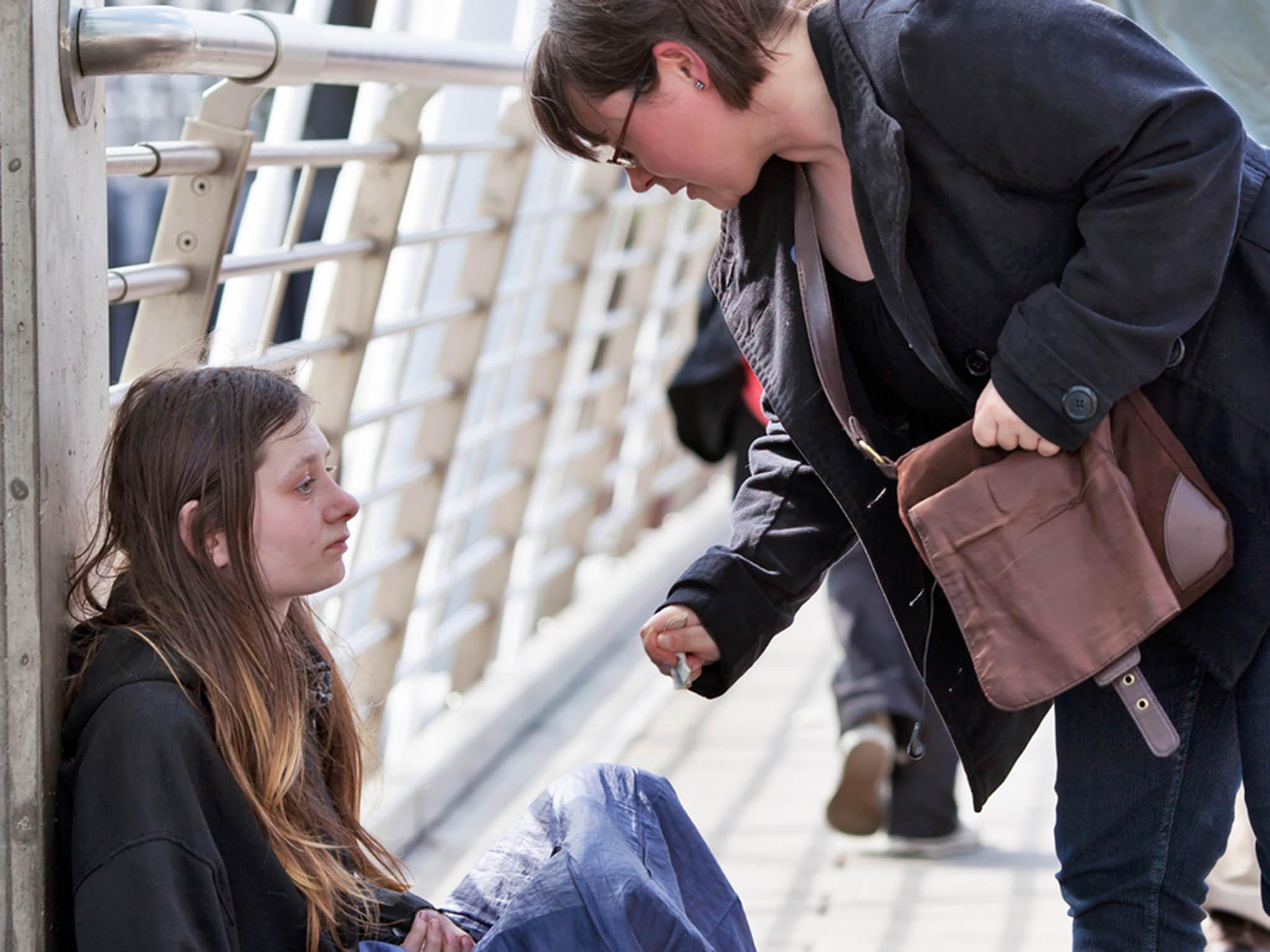New laws changing Britain in 2016 and 2017, from smoking and motoring to employment
A rise in the minimum wage and a ban on cigarette packaging this year could be followed by a ban on microbeads and a host of other laws in 2017
Jobs, pay, smoking and motoring will all see changes this year, with a raft of new laws being brought in by the government. Some made headlines while others probably slipped under your radar, but here we look at the laws that changed in 2016 and some that could change in 2017.
The minimum wage is going up again
The minimum wage for workers over 25 will increase to £7.50 in April, an increase of 30p on the rate introduced last year. There will be smaller increases for 18-20 and 21-24 year olds, to £5.60 and £7.05 respectively. The government is moving towards a national minimum wage of £9 per hour for over 25s by 2020.
The minimum wage still lags far behind the amount campaigners say is needed to live in the UK. The Living Wage Foundation’s £8.45 rate (£9.75 in London), paid by nearly 3,000 employers, is calculated based on how much money employees and their families need to live.

Booster seats will be banned for smaller children
By law, all children must use a car seat until they are 12 years old or 135cm tall, whichever comes first. From March, ‘backless’ booster seats will be banned for children shorter than 125cm and weighing less than 22kg, in a bid to improve safety. This means most kids will have to spend longer using a high-backed child seat.
The rules will only apply to new purchases, so drivers won’t be fined for using a booster seat bought before March.

More funded apprenticeships will be available
A new levy on big businesses to fund three million apprenticeships will come into force in April. The 0.5 per cent “payroll tax”, as some have dubbed it, is set to raise £3 billion a year. The levy only applies to businesses with a salary bill of more than £3 million a year, to protect smaller companies from the burden.
The money must be put by businesses towards new and existing apprenticeships or in-job training, which allows over-16s to learn on the job while working towards nationally recognised qualifications.

You won’t find small, branded packets of cigarettes and tobacco on sale anywhere
In 2015 shops were banned from openly displaying cigarettes and in May last year reforms to EU laws on selling tobacco were introduced. Retailers were given 12 months to phase out logos and bright colours (all packets will now have to be dark green). Packets of 10 cigarettes and pouches of tobacco smaller than 30g will also be banned.
It is hoped the law will reduce the number of smokers across the EU by 2.4 million.

Taxing your car could cost a lot more
From April only 100 per cent electric cars will be exempt from vehicle tax. Every other vehicle will be charged at a tiered first-year rate based on carbon dioxide (CO2) emissions and a £140 flat fee for every year after that. This is bad news for those looking to buy a low emission petrol or diesel car, which currently attract no vehicle tax if they have CO2 emissions of fewer than 130g/km.
If you already own a car, or will be buying one registered before April, there will be no changes to how much you pay.
These game-changing new laws could all be introduced in this year
Ban on microbeads
The tiny pieces of plastic found in some toothpastes and body scrubs were the target of a huge campaign by environmentalists last year. Because they do not biodegrade and are not filtered out by water treatment plants, the particles can pick up toxins and cause widespread environmental damage. Tesco has already announced it will ban the particles before the year end, and last September the government said it would follow the US in introducing a complete ban on microbeads by the end of 2017.

Ban on letting agent fees
In his Autumn Statement the Chancellor announced that letting agents would be banned from charging fees to tenants. The charges typically cost hundreds of pounds, for straightforward administrative tasks like performing a reference check and printing a contract.
Citizens Advice says the fees cost an average of £337 per person, with many charged more than £500 – particularly in London. Letting agents, who claim the average figure paid is £200, branded the policy “draconian”, but Chancellor Philip Hammond said he wanted to bring in the law “as soon as possible”, although he did not give a clear timetable.
Law to prevent people becoming homeless
Sajid Javid, the Communities Secretary, recently announced the Government’s support for strengthening councils’ duties to stop people ending up on the streets. The reforms to anti-homelessness laws would place a duty on local authorities to secure accommodation for people at risk of homelessness. The private members’ bill, brought by Conservative MP Bob Blackman, is being debated by MPs this month.

Ban on using rape victims’ sexual histories in court cases
In the rape trial of Ched Evans the sexual history of the woman who made the claim against the footballer was heard in court, which campaigners said could deter women from reporting sexual assault in the future.
Under Section 41 of the Youth Justice and Criminal Evidence Act 1999 there are tight restrictions on details of an alleged victim's sexual past that can be presented in court.
A government review will now address concerns over the cross-examining of alleged rape victims about their sexual behaviour, which lawyers are banned from doing except in “exceptional” cases.

Evans was cleared of rape earlier this year.
Join our commenting forum
Join thought-provoking conversations, follow other Independent readers and see their replies
Comments
Bookmark popover
Removed from bookmarks